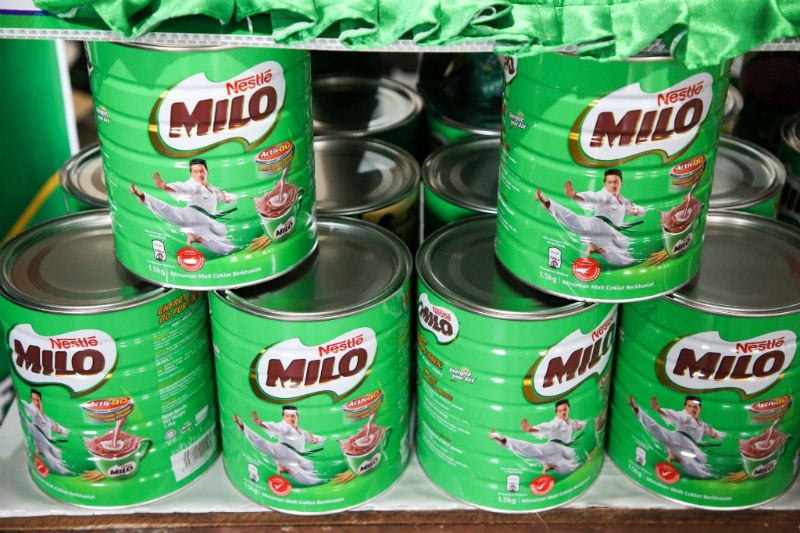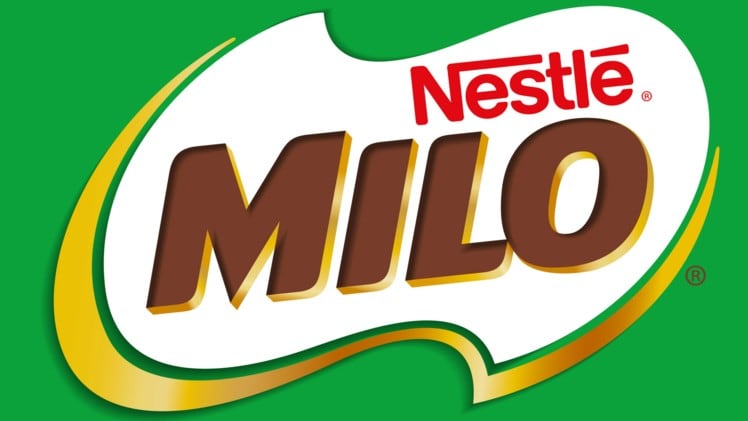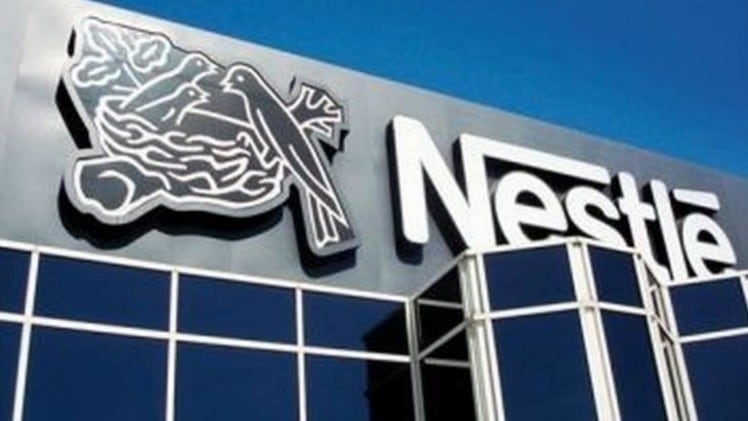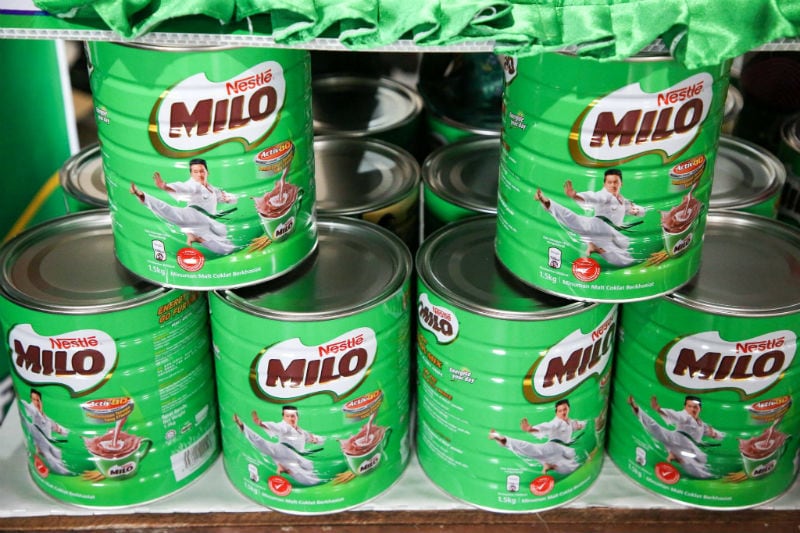The centre is housed together with the firm’s Chembong factory in Negeri Sembilan, Malaysia, which is also the ‘largest MILO manufacturing facility in the Nestlé world’. As a whole, the entire establishment saw a total of some RM90mn (US$21.5mn) in investments to complete, some RM10mn (US$2.4mn) less than originally planned for.
“This investment has enabled us to increase production capacity by 30% and upgrade the facility with state-of-the-art automated processes and digitalisation, optimising operational efficiency and productivity,” Nestle Malaysia Group Corporate Affairs Executive Director Nirmalah Thurai told FoodNavigator-Asia.
“This includes machinery upgrades on the Milo manufacturing line, such as for new dryers with the latest technology, additional equipment for the filling process and extra automated packing lines.”
In addition, the firm is looking far forward to the future, making sure that this plant is Industy 4.0 ready in as many ways as possible.
“As the Milo Global Centre of Excellence for the Nestle world, the Chembong is equipped with the latest technology in preparation for Industry 4.0,” Thurai added.
“The focus here, [so as to be a Centre of Excellence], is on scaling up efficiencies & upskilling workforce, to drive performance and deliver high-quality products at competitive costs for Nestle.”
APAC’s Milo demand and ASEAN’s hot drinks craze
She also told us that establishment of this centre in Malaysia is in response to the ‘growing demand for high quality, made-in-Malaysia Milo products’ both in the region and globally.
“[We are seeing this demand] domestically as well as for export to over 20 countries, and the expansion will allow us to meet this.
“Our export markets are primarily in Asia but also as far as Africa and the Caribbean including China, Singapore, Indonesia, Thailand, Kenya, Jamaica, among others.”
GlobalData Consumer Insights Analyst Shagun Sachdeva concurred with this, adding that GlobalData numbers showed that the consumption of hot drinks (not including coffee and tea) in the APAC region as a whole is highest in China, followed by India, the Philippines and Indonesia.
The hot drinks (not including coffee and tea) category includes malted drinks, hot chocolate, cereal drinks and so on.
“This move by Nestle will help the company to streamline its international sales in the region and equip to meet the growing demand for Milo in bigger markets such as China, Singapore, Indonesia and Thailand,” she said.
In addition to this, Sachdeva suggested that the establishment of the centre in Malaysia was strategic due to highest individual consumption of such drinks in South East Asia
"[Our data shows that] the per capita consumption of such 'hot drinks' (except tea and coffee) is among the highest in Malaysia, Thailand and Singapore,” said Sachdeva.
“Therefore, the expansion of Milo production is in line with the increasing demand [for this category] in the entire South East Asian region.”
More about the plant
Although the Milo plant itself will only produce the malted beverage, Thurai told us that the Chembong manufacturing complex as a whole also housed other key Nestle factories onsite.
“These factories produce Nestle Ice Cream, Confectionery such as KitKat, and breakfast cereals including Koko Krunch,” she said.
Milo factory operations were previously at the company’s Petaling Jaya plant, which was handed over to Groupe Lactalis following Nestle’s sale of its chilled dairy and manufacturing businesses to the French firm.





